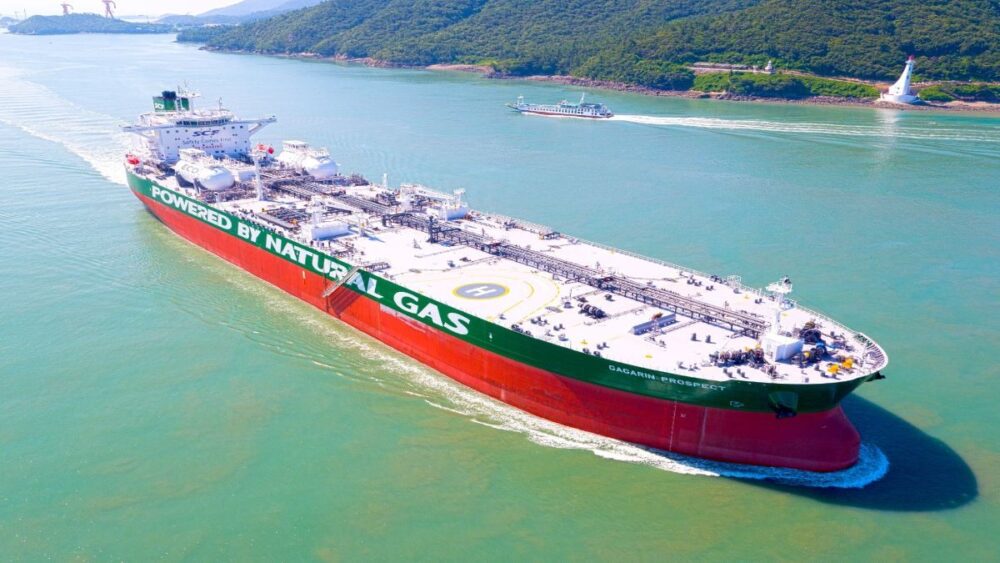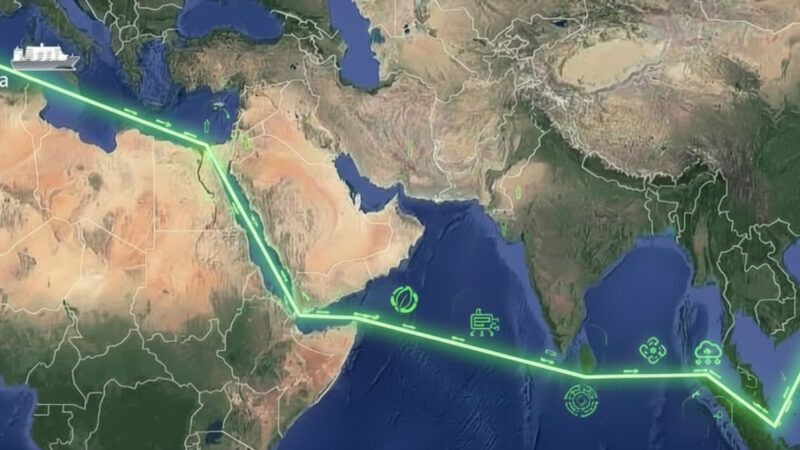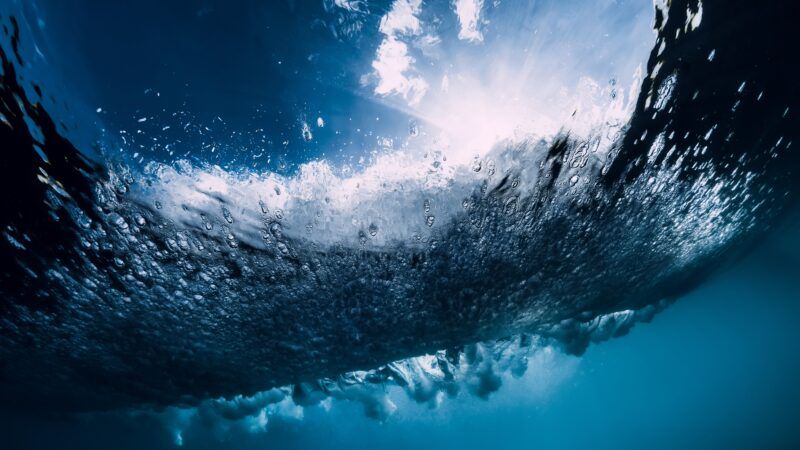Jorge Dahl, Business Development Manager at DNV GL, on short-term decarbonisation, cited 2030 as the year in which logistics, digitalization and hydrodynamics will achieve greater optimization. Meanwhile, he places 2050 as the horizon to achieve this goal in machinery, specifically in the use of more efficient equipment and systems, and in fuels, and in addition to LNG, he cited others such as hydrogen, wind or nuclear energy.
The ports of Barcelona and Tarragona commit to sustainability
Jordi Vila, Head of Environment at the Port of Barcelona, and Joan M. Basora, Director of Sustainability and development of the Port of Tarragona, highlighted during the specialized webinar the work that both ports are doing to meet sustainability targets.
In Tarragona, the Port Authority presented its new Agenda 2030 Sustainability Plan this year to reduce its environmental impact in the territory and offset CO₂ emissions by 96% by the end of 2021 and by 99% by the end of 2030, through actions such as contracting green energy, the electrification of the cruise ship dock or by installing photovoltaic panels for the use of renewable energy.
“Our sustainability plan aims to mark a decade of ambitious actions to achieve the objectives of economic, environmental and social sustainability. The future of the port as logistics infrastructure involves intermodality that encourages the railway, the use of new green fuels and new renewable energy sources,” Basora stated.
Jordi Vila spoke of the European Green Pact as the framework "in which ports operate" and emphasized their "key" role to successfully navigate this path. He noted that the key agents to achieve this change are ships and shipping companies and anticipates that in the future several fuels such as biomethane or synthetics will coexist, and warns that ports must be prepared to have the necessary supply infrastructures for each of these fuels. He did not rule out that ports could be capable of producing some of them.
"The Port of Barcelona works in this direction through three pillars: the transition to a new energy model, the reduction of atmospheric pollution, and the decarbonisation of port activity," he explained.
Thus, both public and private agents who participated in the webinar showed the commitment of their respective organizations to meet the objectives set internationally.
 The key agents to achieve the objectives of the European Green Deal are ships and shipping companies. (DNGVL/HHI)
The key agents to achieve the objectives of the European Green Deal are ships and shipping companies. (DNGVL/HHI)
 The key agents to achieve the objectives of the European Green Deal are ships and shipping companies. (DNGVL/HHI)
The key agents to achieve the objectives of the European Green Deal are ships and shipping companies. (DNGVL/HHI)






